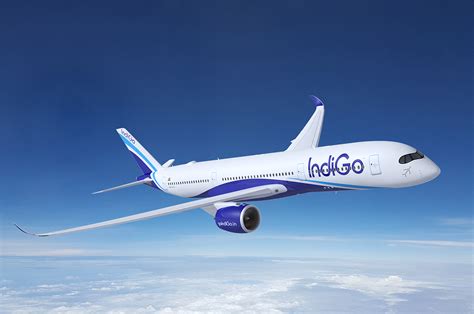Delta Air Lines and Virgin Atlantic reached an agreement for a new joint venture that will create an expanded trans-Atlantic network and enhance competition between the U.K. and North America, offering greater benefits for customers traveling on those routes.
As part of this joint venture agreement, Delta will invest $360m in Virgin Atlantic, acquiring the 49% stake currently held by Singapore Airlines. (SIA paid £600.25m for that stake in 2000 – Delta got a steal or SIA was desperate for a sale.) Virgin Group and Sir Richard Branson retain the majority 51% stake and Virgin Atlantic Airways will retain its brand and operating certificate.
Highlights of the agreement include:
- A fully integrated joint venture that will operate on a “metal neutral” basis with both airlines sharing the costs and revenues from all joint venture flights.
- A combined trans-Atlantic network between the United Kingdom and North America with 31 peak-day round-trip flights.
- Enhanced benefits for customers including cooperation on services between New York and London, with a combined total of nine daily round-trip flights from Heathrow to JFK and Newark.
- Reciprocal frequent flyer benefits.
- Shared access to Delta Sky Club and Virgin Atlantic Clubhouse airport lounges for elite passengers.
This is disruptive news for American and British Airways. But, crucially, it protects Virgin Atlantic because of the critical mass Delta brings to play. Moreover, one has to wonder how long it will be before Virgin America quietly gets folded into this relationship? Virgin America is under pressure and could use a friend. Delta already has a working relationship with Virgin Australia.
Delta benefits because the Virgin brand is well respected among travelers. So for a relatively small fee, Delta ties up a good brand. (By comparison, Delta paid $150m for its oil refinery) Here’s hoping Delta earns a better ROI on the investment in Virgin Atlantic did than SIA achieved. And let us hope that Sir Richard can co-exist with Delta, which will be much more hands on than SIA ever was.
Views: 3



